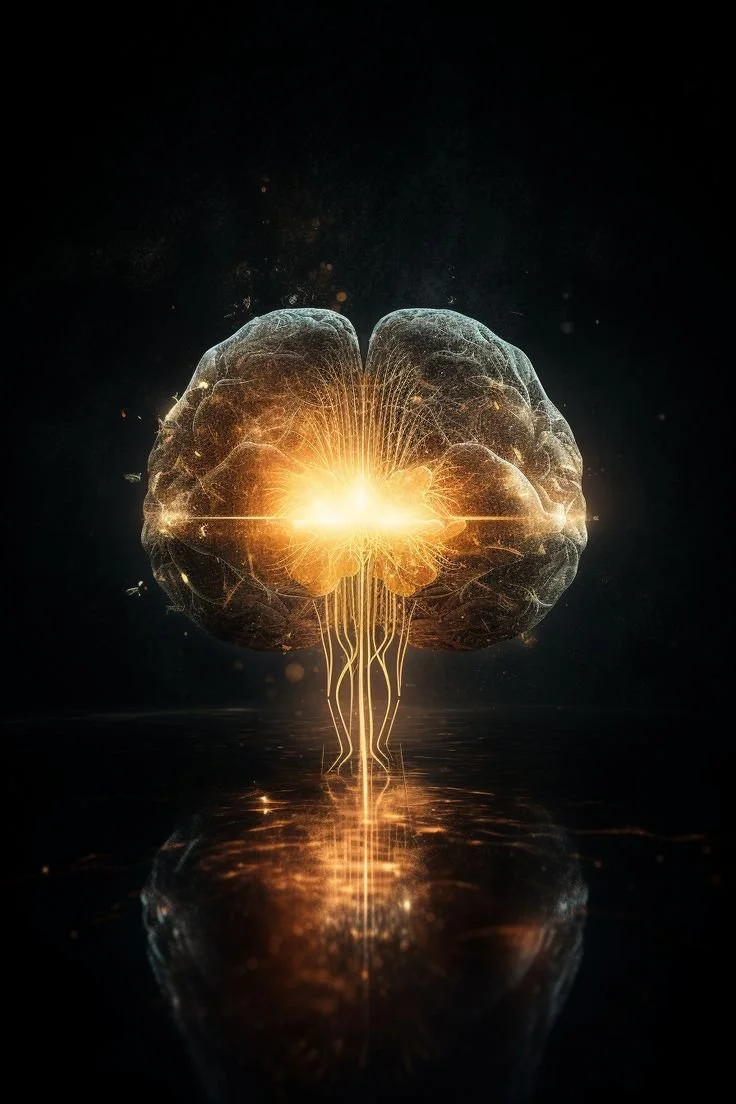
subconscious mind research and development.
Our commitment to scientific validation ensures that our product is reliable and effective.
5000+
hours of research
We spent hours researching the impact of the various psychological tools on the subconscious mind. The most efficient are prioritized for integration into the Odyssea app, ensuring users receive interventions grounded in scientific evidence.
500+
hours of therapy sessions
Through more than 500 hours of in-person therapy sessions, we've gathered valuable insights to fine-tune our AI models. These sessions provide real-world frameworks and knowledge, enhancing the precision of the personalized insights.
1000+
research parameters
We analyse every input event from the user in the context of the subconscious mind through the questions, images, conversations, and stories. All data is fully anonymized and utilized to create comprehensive maps of users' subconscious minds and life patterns.
Science-backed.
User-tested.
Expert-validated
Odyssea integrates validated frameworks from cognitive neuroscience, clinical integrated therapy, and psychoacoustic research to assess and reprogram subconscious behavioral patterns.
EVIDENCE-BASED APPROACH
-
The brain’s capacity to reorganize itself based on repeated subconscious stimuli is used for our “Reprogramming limiting beliefs” meditation
-
Sound has a direct physiological and psychological impact on the nervous system. Therapeutic frequencies, including binaural beats, gongs, and crystal bowls, are known to promote relaxation, reduce anxiety, and support emotional regulation.
-
Emotional states stored in the subconscious often override logical reasoning, so healing the emotional root is essential.
Research Studies
We regularly publish scientific white papers, studies on the topic of subconscious mind exploration.
1
Limiting Beliefs Transformation Study:
The Efficacy of a 21-Day Closed-Eyes Exercise Program with Odyssea App Support
Footnotes
1. Assen, M., & Fonagy, P. (2021). Mentalization and the transformative power of belief change. Journal of Personality and Social Psychology, 120(4), 733-758.
2. Chen, L., & Rahman, O. (2023). Digital interventions for cognitive restructuring: A systematic review. Digital Health, 9, 20552076231156489.
3. Johnson, R., & Thompson, C. (2024). The neuroplasticity of belief change: fMRI studies on self-directed neurological restructuring. Neuroscience & Biobehavioral Reviews, 128, 104287.
4. Petrocchi, N., & Couyoumdjian, A. (2023). Self-compassion and limiting belief transformation: Mechanisms and outcomes. Mindfulness, 14(2), 463-475.
5. Smith, J. L., & Garcia, M. (2024). The 21-day paradigm: Examining the science behind habit formation timeframes. Perspectives on Psychological Science, 19(1), 56-70.
6. Williams, A. D., O'Moore, K., Mason, E., & Andrews, G. (2022). The effectiveness of internet-based psychological interventions for reducing health anxiety: A systematic review and meta-analysis. Journal of Anxiety Disorders, 89, 102226.


